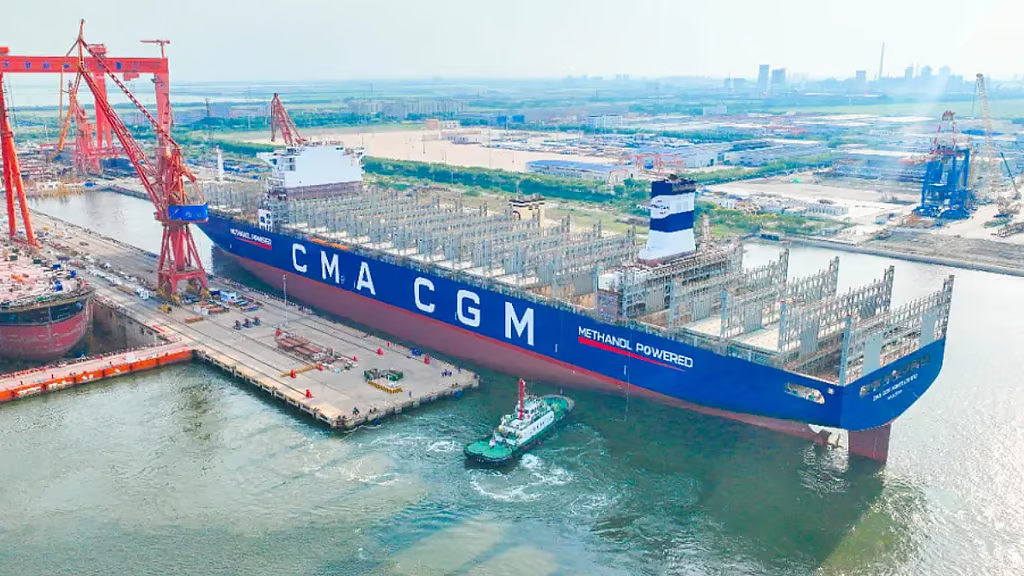Data from shipping consultancy AXSMarine shows that in the first 10 months of 2025, vessels using “clean fuels” accounted for 37% of total cargo ship orders, the same as the same period last year. Order volume has not increased due to shipowners’ uncertainty regarding the effective date of global maritime emissions reduction regulations.

AXSMarine data shows that from January to October this year, global ship orders by gross tonnage (GT) totaled 78 million, down from 113 million during the same period last year.
Order volume surged to a 17-year high in 2024 as ships changed course to avoid Houthi attacks in the Red Sea, meaning longer voyages required more ships to maintain transport schedules.
Meanwhile, shipping companies are also preparing for the new environmental regulations soon to be introduced by the International Maritime Organization (IMO).
AXSMarine data indicates that orders for alternative fuel ships totaled approximately 29 million GT in the first ten months of this year, down from 42 million GT during the same period last year.
However, uncertainty in the shipping market surged again in October: Under pressure from representatives of the United States and Saudi Arabia among IMO member states, the organization voted to postpone the implementation of a controversial resolution for one year. This resolution would have pushed for the establishment of unreasonable global carbon reduction targets and introduced a system of penalties or incentives for compliance with these targets.
AXSMarine personnel stated: “With the IMO net-zero framework vote postponed, the future order market is most likely to adopt a wait-and-see approach. From January to October this year, over 70% of new vessels ordered by container ship and car carrier owners featured alternative fuel capabilities, while bulk carriers and tankers accounted for only 10-15%.”
LNG continues to dominate among alternative fuels, accounting for 29% of total orders so far this year. Methanol represents 9%, while ammonia and other fuels collectively make up approximately 1%.
AXSMarine data indicates that methanol’s prominence in container shipping has significantly waned—its share of new orders has plummeted from 48% in 2023 and 18% in 2024 to just 10% in 2025, with fuel supply and costs remaining the primary challenges.


